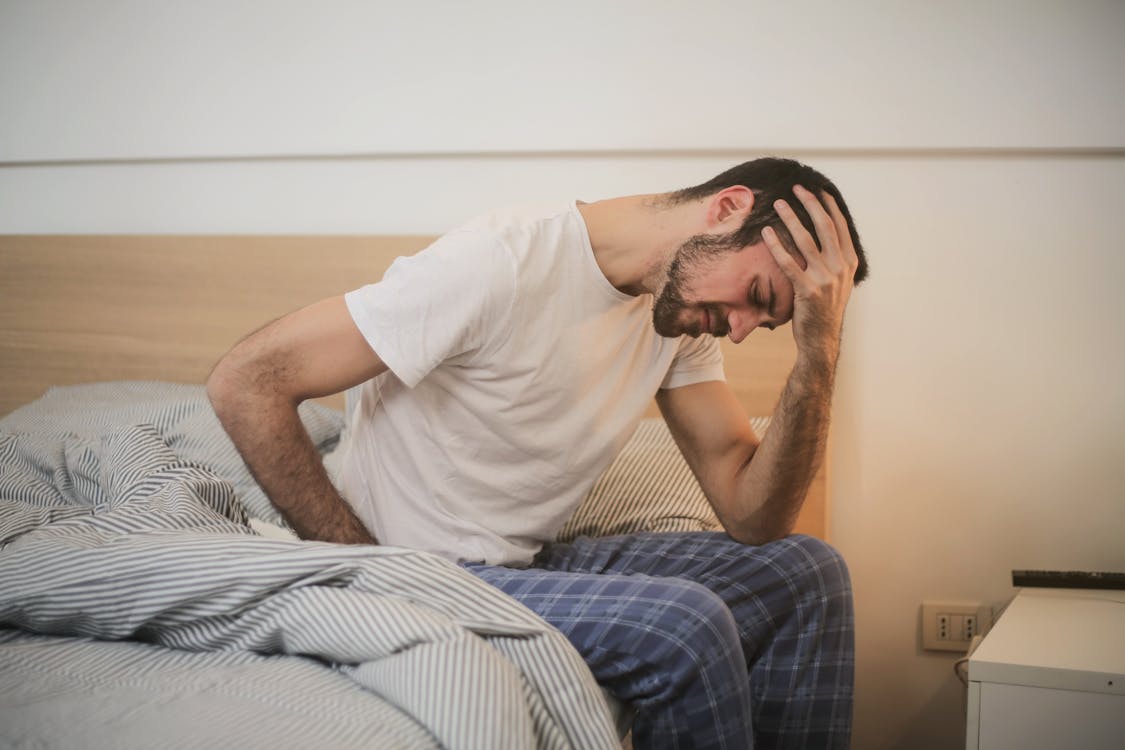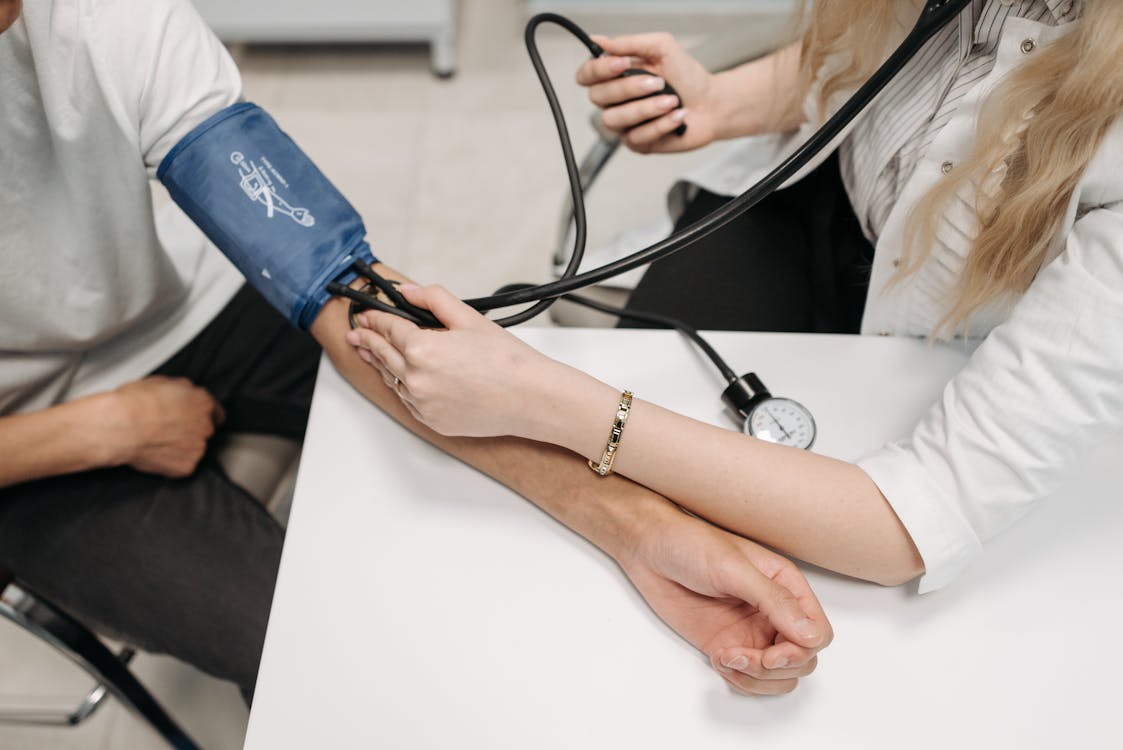Obstructive sleep apnea is a relatively common sleep disorder that can have a significant impact on your sleep quality. As your air passages close off during sleep, your brain forces you to wake up to restart the flow of oxygen. These incidents can occur dozens of times a night, but because most people often fall back asleep immediately after waking up, they don’t realize they have a problem.
While a spouse who notices you snoring or gasping for breath during sleep can alert you that you might have sleep apnea, this is far from the only indicator that you have a problem. The following symptoms are common indicators that sleep apnea is disrupting your ability to get a full night’s rest.
1. Extreme Fatigue
It’s one thing to feel tired. It’s another to feel so exhausted that even after a “full” night of sleep, you start zoning out or falling asleep in situations when you would normally be awake and alert. People with sleep apnea are often so fatigued that they will fall asleep while at work, watching TV, or even while driving.
Needless to say, such fatigue can quickly become dangerous. If you have been consistent in getting seven to nine hours of sleep each night but still feel completely worn out the next morning, sleep apnea could be to blame. The longer you go without addressing your condition, the more likely you are to get involved in a potentially dangerous accident.
2. Morning Headache

A morning headache that goes away after a few hours is another common symptom of sleep apnea. It is believed that these headaches happen because of the decreased oxygen in the blood when your breathing passages close off, as well as blood vessel dilations that occur as a result of low oxygen levels.
A sleep apnea-related headache will occur almost every morning until you take steps to control your condition. Unlike migraines, the headache will typically be felt on both sides of your head, though the pain will resolve on its own. When you’re already feeling tired from a poor night’s sleep, this is hardly the way you want to start your morning.
3. Dry Mouth
Sleep apnea will often cause people to breathe through their mouth during sleep, particularly if their condition primarily closes off the nasal passages. Unsurprisingly, this will result in a dry, “cottonmouth” feeling in the morning as the constant flow of air dries out the mouth. In addition to feeling uncomfortable, dry mouth also contributes to chronic bad breath.
While dry mouth can sometimes occur among people who snore (which is in itself another potential symptom of sleep apnea), morning dry mouth is more commonly associated with obstructive sleep apnea.
4. High Blood Pressure

Each time you wake up because of sleep apnea, your body increases its production of stress hormones, raising your blood pressure. During normal sleep, your mind and body are fully relaxed, which naturally reduces blood pressure. Those with sleep apnea don’t get this nighttime relief, forcing their heart to continue working harder as blood pressure spikes with each nighttime awakening.
Sleep apnea-induced hypertension is often diagnosed as “resistant hypertension,” in which blood pressure doesn’t improve even with the use of medication. Left unchecked, this can greatly increase the risk for heart disease, heart attack, and stroke. High blood pressure has also been linked to impotence. Addressing sleep apnea to put a stop to nighttime awakenings is key for getting blood pressure back under control and preventing its myriad side effects.
5. ‘Other’ Sleep Disorders
While many people who suffer from sleep apnea don’t notice their frequent nighttime awakenings, this isn’t always the case. Someone who wakes up frequently during the night and struggles to fall back asleep might think that their problems are primarily the result of insomnia. They might try to take sleeping pills to sleep better, but such medications actually relax the throat muscles even more, further increasing the frequency and severity of sleep apnea episodes.
These frequent nighttime awakenings can also lead to more midnight trips to the bathroom. While your first instinct might be that this is due to a bladder problem, the issue could actually be the result of lighter sleep. Treating sleep apnea so you can enjoy uninterrupted deep sleep will often put a stop to these nighttime bathroom trips.
Never overlook the possibility that sleep apnea could be contributing to your nighttime troubles. A sleep study that evaluates your body and brainwaves during sleep will help confirm the source of your problems so you can get appropriate treatment.
Get the Help You Need
If sleep apnea is disrupting your nights, a CPAP machine could be the exact solution that you need. By providing a continuous flow of pressurized air, these medical devices help keep your airways open so that you can sleep soundly and without interruption.
Of course, even after getting a prescription for a CPAP machine, some people are reluctant to make what feels like an expensive investment — especially when insurance doesn’t fully cover their costs. This is where Help Medical Supplies can make a difference. With discounted prices on CPAP and BiPAP machines, available financing, and free shipping on all orders of $89 or more, we make it easy to get the equipment you need without breaking the bank.
Controlling sleep apnea won’t just help with the pesky symptoms described here. It will also reduce your risk for heart disease, type 2 diabetes, depression, and more. Start using a CPAP machine to experience the sleep — and overall health — you deserve.

